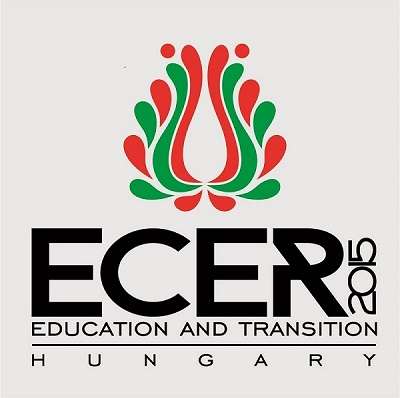Education and Transition - Contributions from Educational Research
Education is defined by transition. Traditionally, from a lifelong learning perspective, we think of education as contributing to and organising the transition of children, young people and adults from one psychosocial status to another. Education also contributes to the transition of communities from one situation into another. The concept of ‘transition’ itself has developed various meanings in areas including the ontological, social, economic, political and cultural in which we all live, act, educate and do research.
The ECER conference in Budapest 2015 will address different aspects of transition and education across Europe. These include, for example, the changes in the university structure within the fields of humanities and social sciences and their unforeseen effects on educational research. On a larger scale, transitions in political systems are affecting both education and educational research in several regions. Furthermore the economic austerity has forced people across Europe to reorient their lives, not always for the better. Finally, transitions in educational research affect its theoretical and methodological developments.
Transition, educational change and development are three intertwined and interacting concepts shaping a uniquely differentiated landscape of advancement, improvement, innovation and reform. Transition within education is never an easy or smooth process; it raises questions and creates power struggles due to a diversity of values, interests, motives, positioning and statuses. Interests and motives may be legal in a European political context without being necessarily legitimised in the local, social and professional communities across Europe and even beyond. While the potential and on-going conflicts and power struggles that arise can be counterproductive for development, they can also be a ground for new possibilities.
This situation leaves us – educational researchers and associations of educational researchers – with numerous dilemmas and choices. We need to examine the very concept of transition and how over the past decades education and educational research appropriated, interpreted and constructed it. Also new types of transitions have emerged and research on their impact is needed. The crucial question for researchers could then be: How do we find the fundamental values and adequate means to make education as a form of transition best serve human beings and societies?
You can download the ECER 2015 Call for Proposals and Networks' Special Calls
ECER 2015

